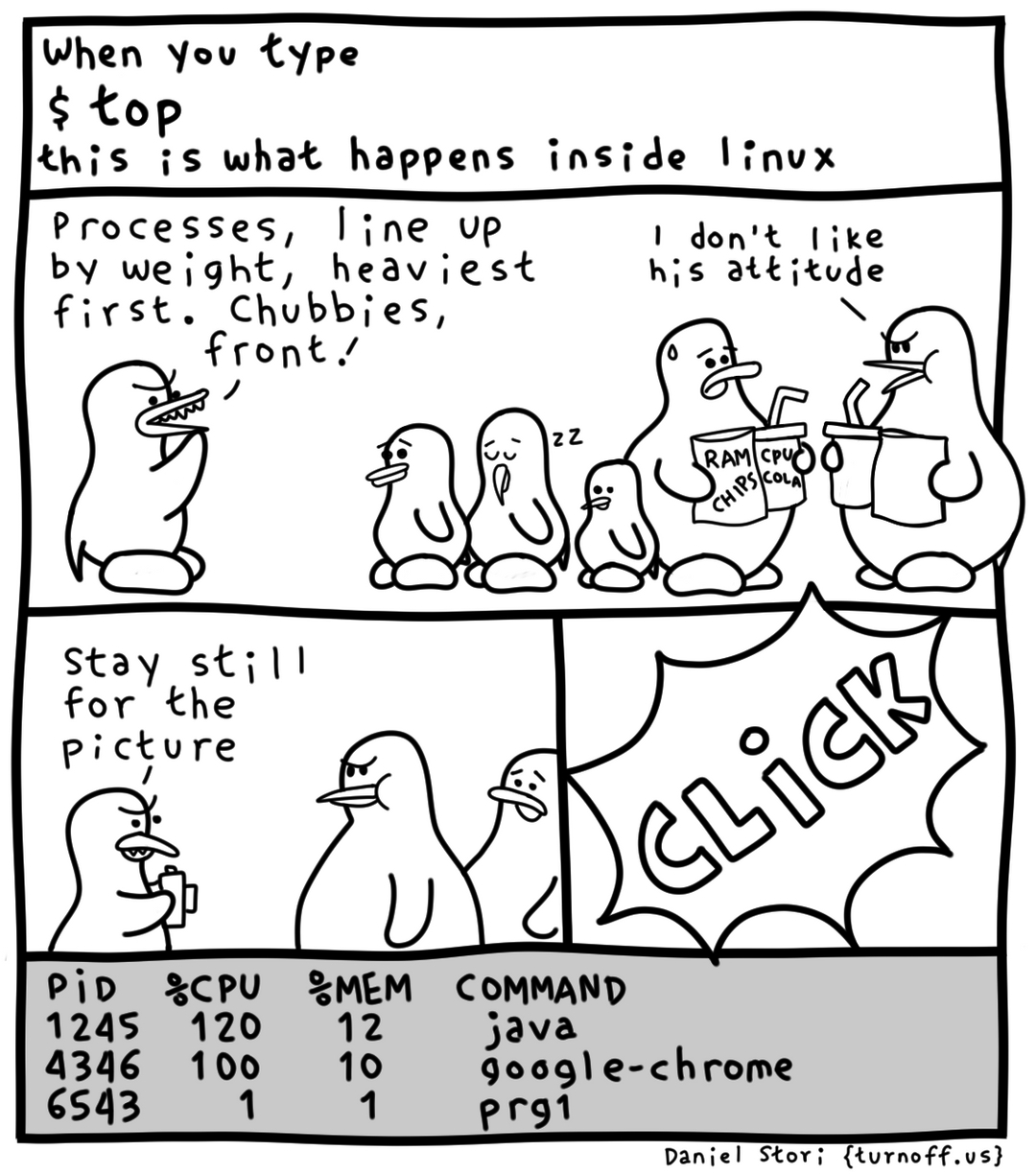this post was submitted on 16 Feb 2024
997 points (99.3% liked)
linuxmemes
21210 readers
39 users here now
Hint: :q!
Sister communities:
- LemmyMemes: Memes
- LemmyShitpost: Anything and everything goes.
- RISA: Star Trek memes and shitposts
Community rules (click to expand)
1. Follow the site-wide rules
- Instance-wide TOS: https://legal.lemmy.world/tos/
- Lemmy code of conduct: https://join-lemmy.org/docs/code_of_conduct.html
2. Be civil
- Understand the difference between a joke and an insult.
- Do not harrass or attack members of the community for any reason.
- Leave remarks of "peasantry" to the PCMR community. If you dislike an OS/service/application, attack the thing you dislike, not the individuals who use it. Some people may not have a choice.
- Bigotry will not be tolerated.
- These rules are somewhat loosened when the subject is a public figure. Still, do not attack their person or incite harrassment.
3. Post Linux-related content
- Including Unix and BSD.
- Non-Linux content is acceptable as long as it makes a reference to Linux. For example, the poorly made mockery of
sudoin Windows. - No porn. Even if you watch it on a Linux machine.
4. No recent reposts
- Everybody uses Arch btw, can't quit Vim, and wants to interject for a moment. You can stop now.
Please report posts and comments that break these rules!
founded 1 year ago
MODERATORS
you are viewing a single comment's thread
view the rest of the comments
view the rest of the comments

Is there a perfect scheduler that is non-optimal in the Big(O) sense but is optimal if you're looking at maximizing hardware utilization? In other words, scheduler that takes a long time to determine CPU utilization for each process, but provides an optimal total CPU utilization? I realize that it would not be ideal since we'd essentially have these "sudden stops" as it recalculates the schedule. I'm just more interested in the theory.
If you have a fixed collection of processes to run on a single processor and unlimited time to schedule them in, you can always brute force all permutations of the processes and then pick whichever permutation maximizes and/or minimizes whatever property you like. The problem with this approach is that it has awful time complexity.
Edit: There's probably other subtle issues that can arise, like I/O interrupts and other weird events fwiw.
How would you deal with iowaits in a system like that? I can perfectly burn 100% of CPU time running a poll(), but that’s not useful work…
¯\_(ツ)_/¯
I guess that's why I asked. I'm just curious if it's even possible.